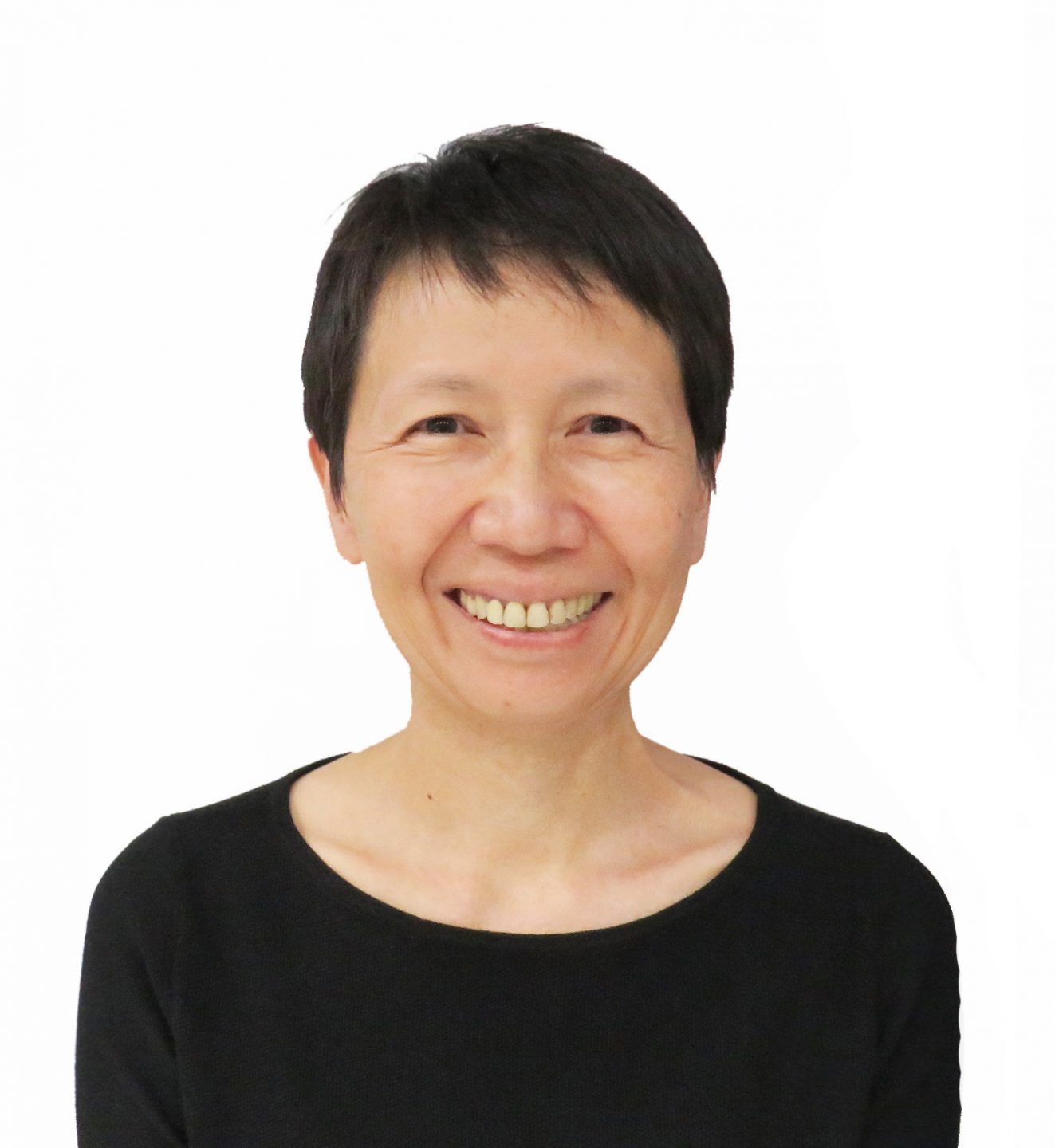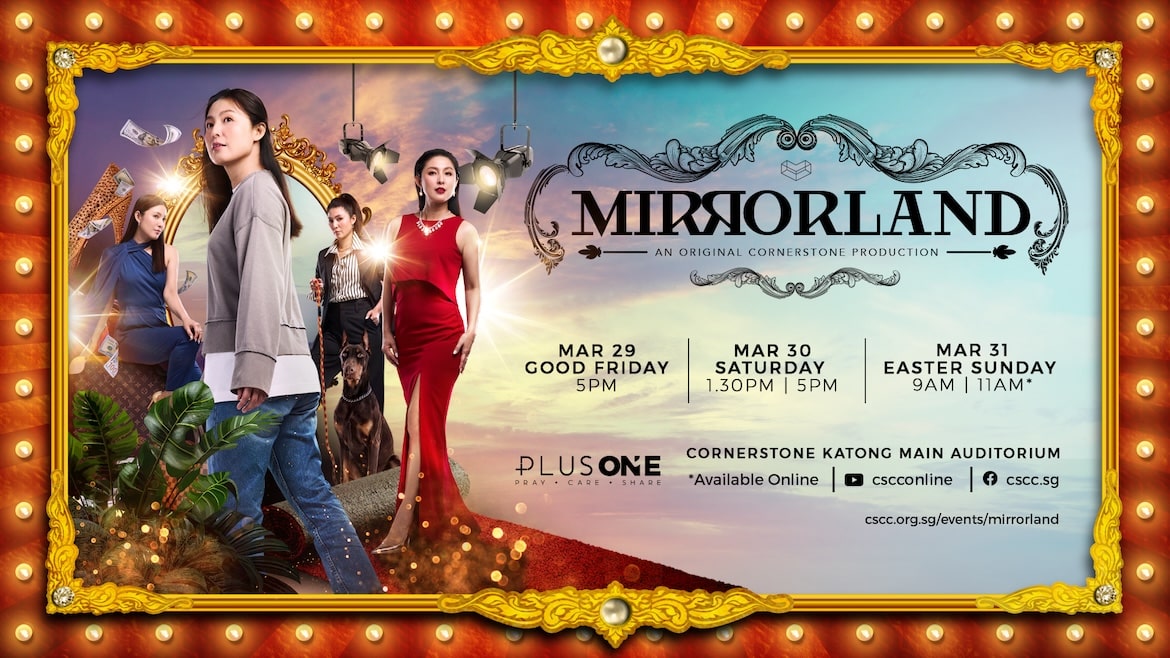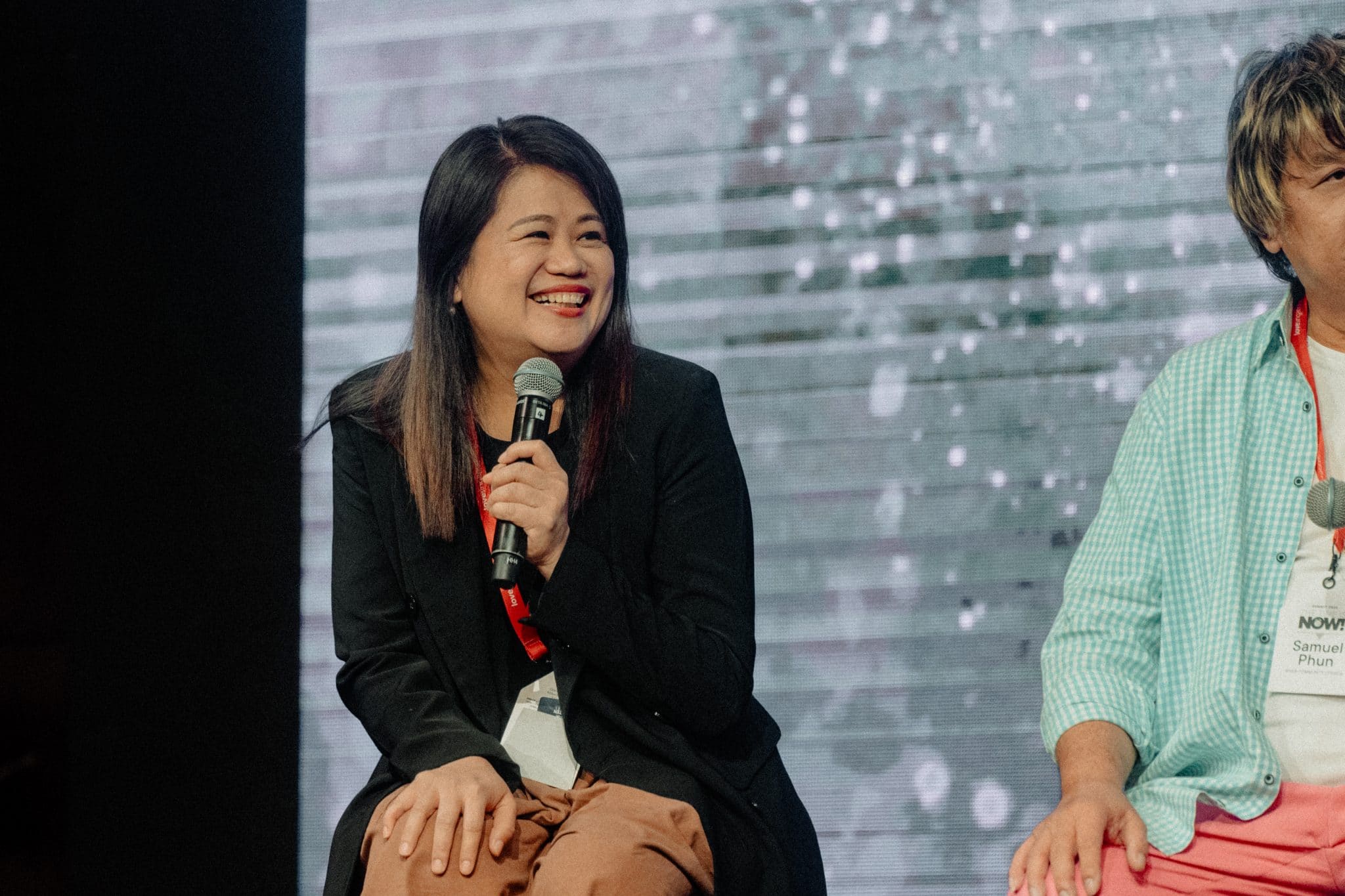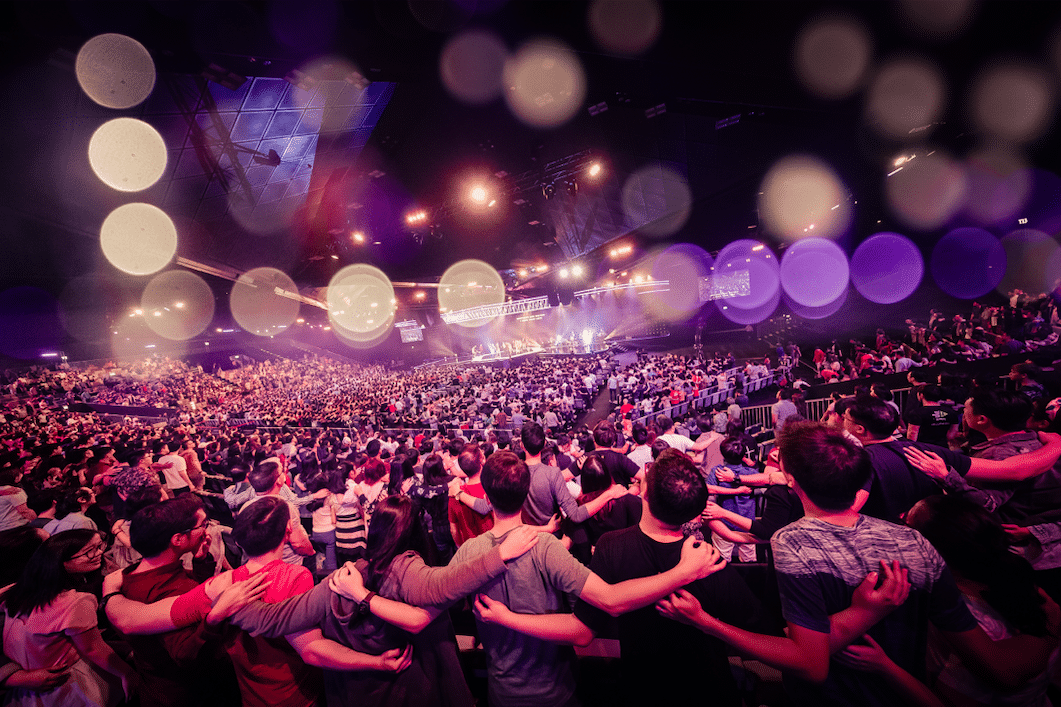“Nothing limits the power of God to flow through any one of us”: Inclusion advocate Alister Ong
Do tough times challenge the "good" in Good Friday? This Holy Week, Salt&Light brings you stories of those who have "died to self", and in the process found Life in God.
Emilyn Tan // April 6, 2023, 1:43 am
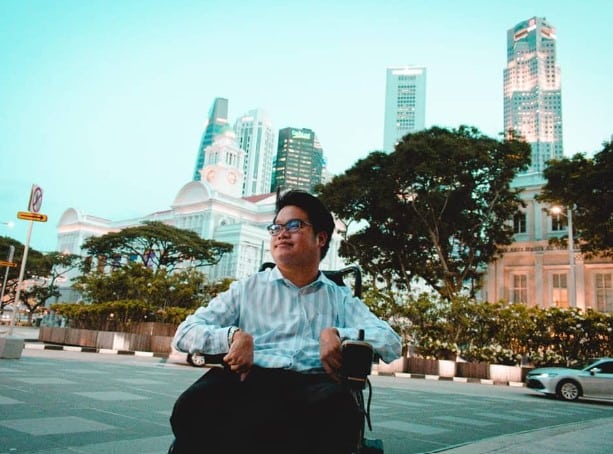
Alister Ong has not let his disability stop him from rising the corporate ranks while advocating diversity and inclusion. All photos courtesy of Alister Ong.
Powered by the momentum of his motorised wheelchair, Alister Ong is traversing across Singapore and the world, living out a life that gives little hint that he manages a disability.
From the time he was born, he has not known what it is like to walk. Alister lives with cerebral palsy. But don’t for a moment label him a victim: The 29-year-old has tasted victory like few others have.
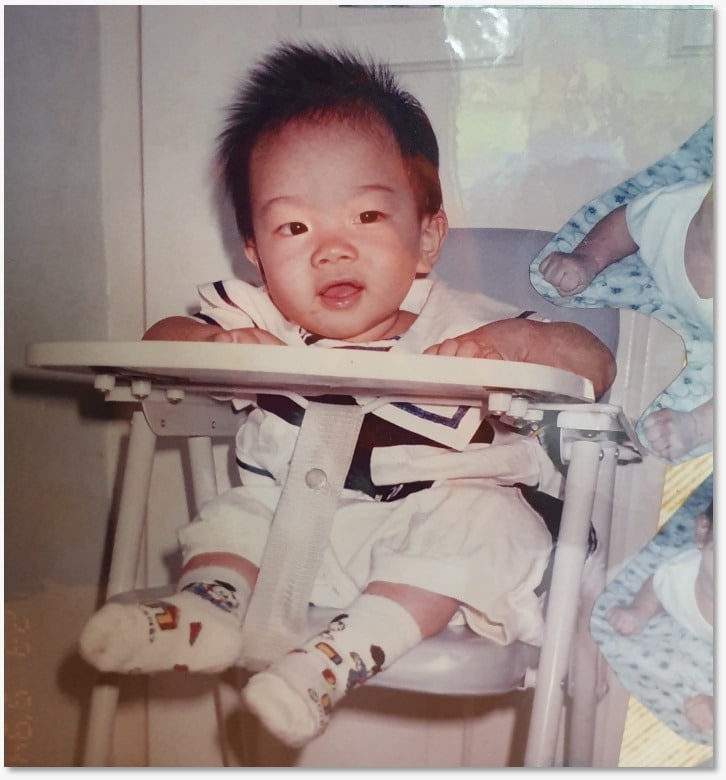
Alister has never known what it’s like to be able to walk.
Take, for instance, his experience of scaling the height of East Java’s Mount Bromo not once, but three times, with his missions team from City Harvest Church (CHC).
His missions teammates refused to leave him at the foot of volcano. “Let’s go together!” was their battle cry.
On their maiden outing, the group’s unity was such that his teammates refused to leave him at the foot of the volcano, even though he offered to wait. “Let’s go together!” was their battle cry.
They piggybacked him as far as the path would allow.
Then, to conclude their trek towards Mount Bromo’s peak, they balanced Alister and his wheelchair on two bamboo poles, which they hoisted onto their shoulders.
“Step by step by step, they actually carried me all the way up,” he recounts.
When they finally made it to the top, the crowd of onlookers there started clapping and cheering.
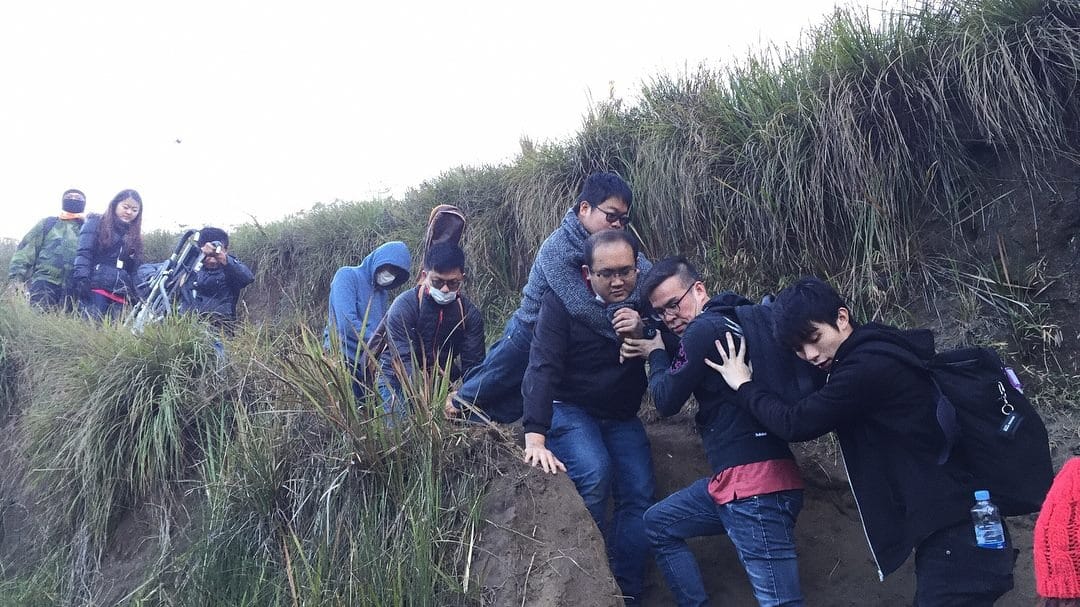
No mountain too high: Alister’s mission teammates piggybacked him as far as the path to the peak of Mt Bromo would allow.
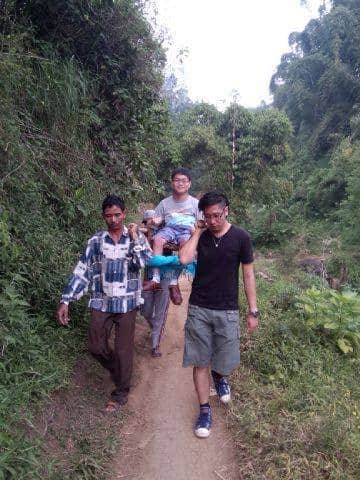
Nothing is impossible: Then, Alister’s teammates, along with the Indonesian villagers they were with, hoisted him and his wheelchair up on poles balanced on their shoulders and carried him up to the top of Mount Bromo.
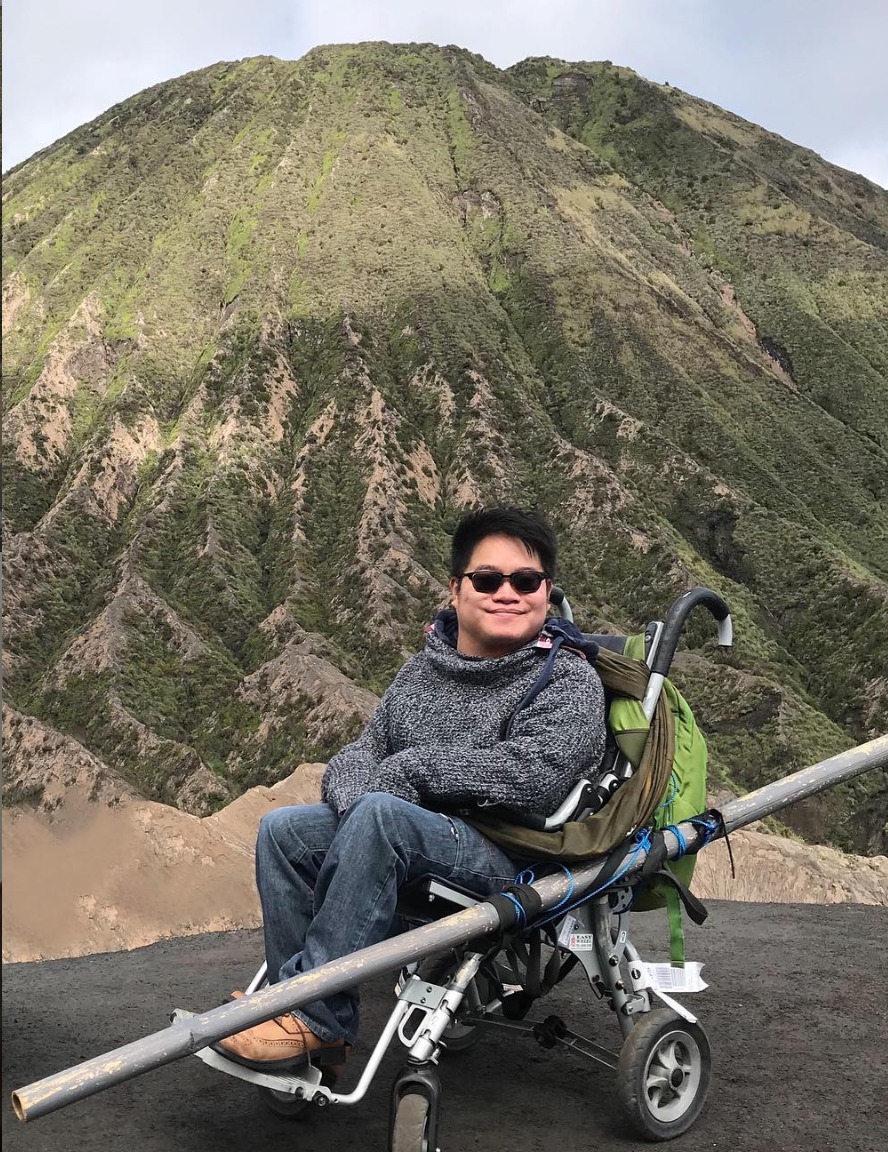
On top of the world: Reaching the peak of Mount Bromo was a physical feat as well as a spiritual triumph for Alister and his friends.
“Our whole group was so tired, we didn’t even have strength to celebrate! But victory was there.
“Making it all the way was really about declaring God’s victory in that place. It was a holy moment.”
Peaks and troughs
Experiencing that peak was the culmination of all that God had begun in Alister’s life from the moment he first made the decision to attend service at CHC as a secondary school student.
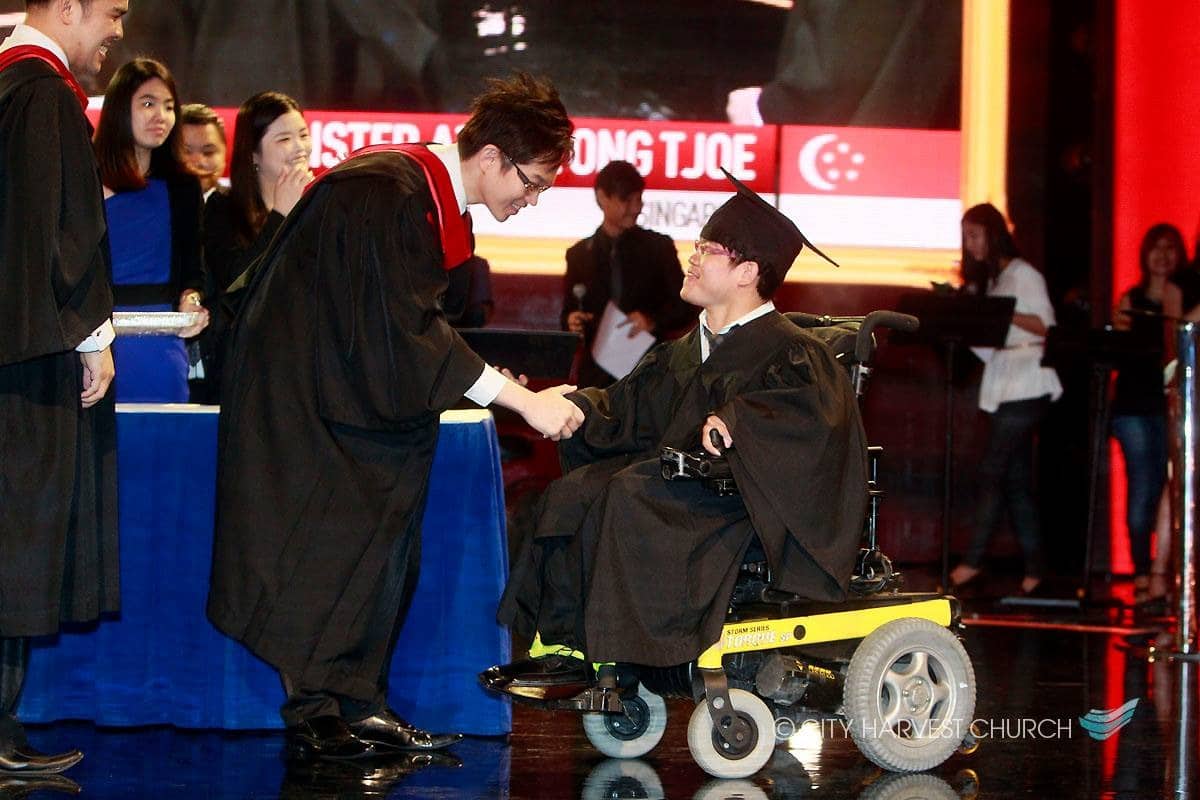
“God began to remind me of my identity in Him”: Graduating from CHC’s School of Theology marked a watershed experience for Alister.
He would go on to enrol in CHC’s School of Theology (SOT) in 2013, before he started university.
“There were many lies that I needed to uncover.”
The seven-month course would prove to be seminal.
“That really allowed God to do a deeper work in my life. There were many lies that I needed to uncover.
“God began to remind me of my identity in Him.
“My significance is not based on how much I’m wanted by others. It’s not based on what I do or cannot do. It’s not based on my achievements nor my failures but it’s based on who God says I am, on who God created me to be.
“What the world says, or the labels the world puts on every one of us, might not be what the Word of God says, and it is this truth that sets us free.” (John 8:32)
Mission trips
Setting aside every label, Alister would continue to go on mission trips with CHC’s Missio Dei Harvest ministry – as many as 10 per year pre-Covid, sans his helper, who had assisted him on his very first trip. His now-seasoned teammates would facilitate his every functional need.
“By the grace of God, I just learned along the way.”
He would preach, give altar calls and pray for those who came forward. “By the grace of God, I just learned along the way.”
Sometimes, by the leading of the Holy Spirit in communal prayer, he was even appointed to head groups numbering as many as 30 people.
Leading, however, required a different mindset, he clarifies. On mission trips, he uses not a motorised wheelchair but a manual one, requiring people to push him wherever he needs to go.
“How can someone in a wheelchair lead? I struggled. Am I a burden? Because there’s a lot of carrying up and down; some churches do not have lifts.
“But God uses the weak things of the world, the foolish things of the world. (1 Corinthians 1:27-29) To the world it might seem like, ‘Stupid lah, why go for mission trip? Some more you in wheelchair?’
“That’s to the world.”
To the communities he and his team visit, the chance to hear about the amazing grace of this God called Jesus Christ is a yearning fulfilled.
Amazing grace
Time and again, Alister himself experiences this grace anew.
“People expecting healing might say, ‘Ey, this person not healed yet leh?’”
In Kupang in 2017, after preaching at Sunday service, he gave an altar call specific to healing.
As the session closed and he was carried down from the stage, his teammates brought a man forward. The man’s severe back pain had not been healed and he wanted Alister to pray for him.
Alister was stunned: “Not healed yet then ask me to try ah?
“No choice, right? So I prayed. We said ‘amen’ and asked him to test his back. The pain was gone! That really stirred up my faith.”
The crusade taking place that night was also a healing event, and Alister was asked to share his testimony on stage before a 7000-strong crowd.
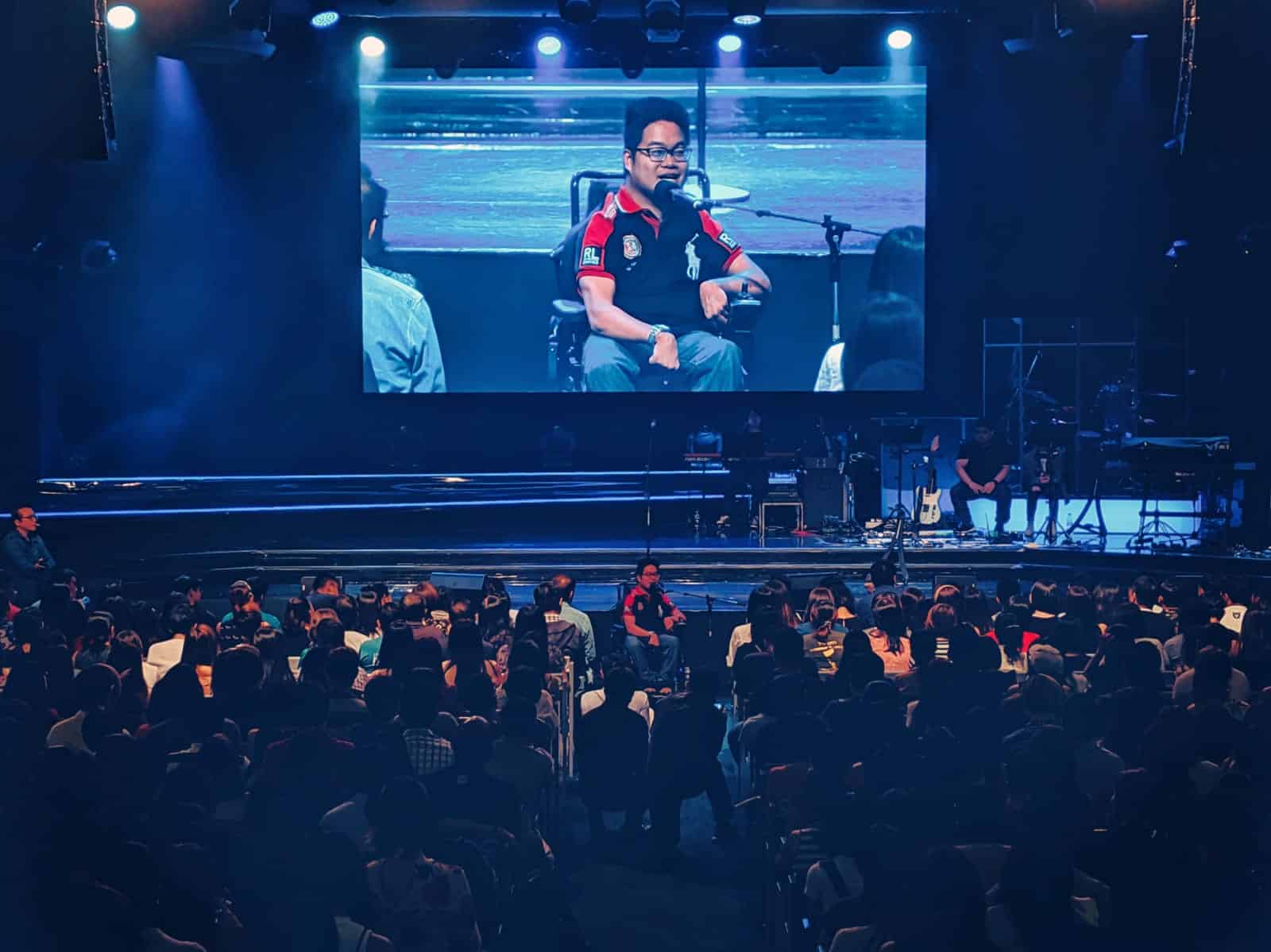
To crowds big or small, Alister declares: “God is still good because it has been His grace that has been carrying me through all my life.”
“I was thinking, ‘Sure or not? They cannot see, meh? I’m disabled. Macham stumble them, right? People expecting healing might say, ‘Ey, this person not healed yet leh?’”
The leader of that trip then shared with him a story of a professor who taught about Lasik. When a student raised his hand and asked: “Prof, why are you wearing spectacles?” the professor answered: “There are many ways for us to have better vision. Sometimes it’s through Lasik, sometimes it’s other ways, like wearing spectacles!”
“If I’m not healed, does it mean that God is not good? No, it has been His grace that has been carrying me through all my life.”
Alister recalls: “And the Holy Spirit spoke to me – ‘there are many ways!’
“Do I believe that God is good? Yes. That God heals? Yes.
“When people see that I’m not healed, does it mean that God is not good? No, it doesn’t. God is still good because His goodness is shown in many ways.
“He lets His healing be manifested. Nothing limits the power of God to flow through any one of us.
“For me, healing has not manifested yet, but God is still good because His goodness is shown in, ‘My grace is sufficient for you, My strength is made perfect in weakness.’ (2 Corinthians 12:9)
“God is still good because it has been His grace that has been carrying me through all my life.”
It’s a truth that Alister declared in Kupang that night.
“I shared that I was down and lonely and rejected. I wallowed in self-pity. But when I knew God, my life was turned around, transformed.
“He gave me a hope and a future. He gave me strength. I realised that with God all things are possible (Mark 9:23), by His grace and by His strength.
“I told them, ‘I want to encourage all of you, it’s Jesus in our lives. If God can do it for me, God can do it for every single one of you.’”
Earning a living
In the everyday, Alister currently works for multinational recruitment agency Michael Page, where he leads the Diversity Equity Inclusion Client Solutions team. In short, he specialises in placing people with disabilities in professional jobs.
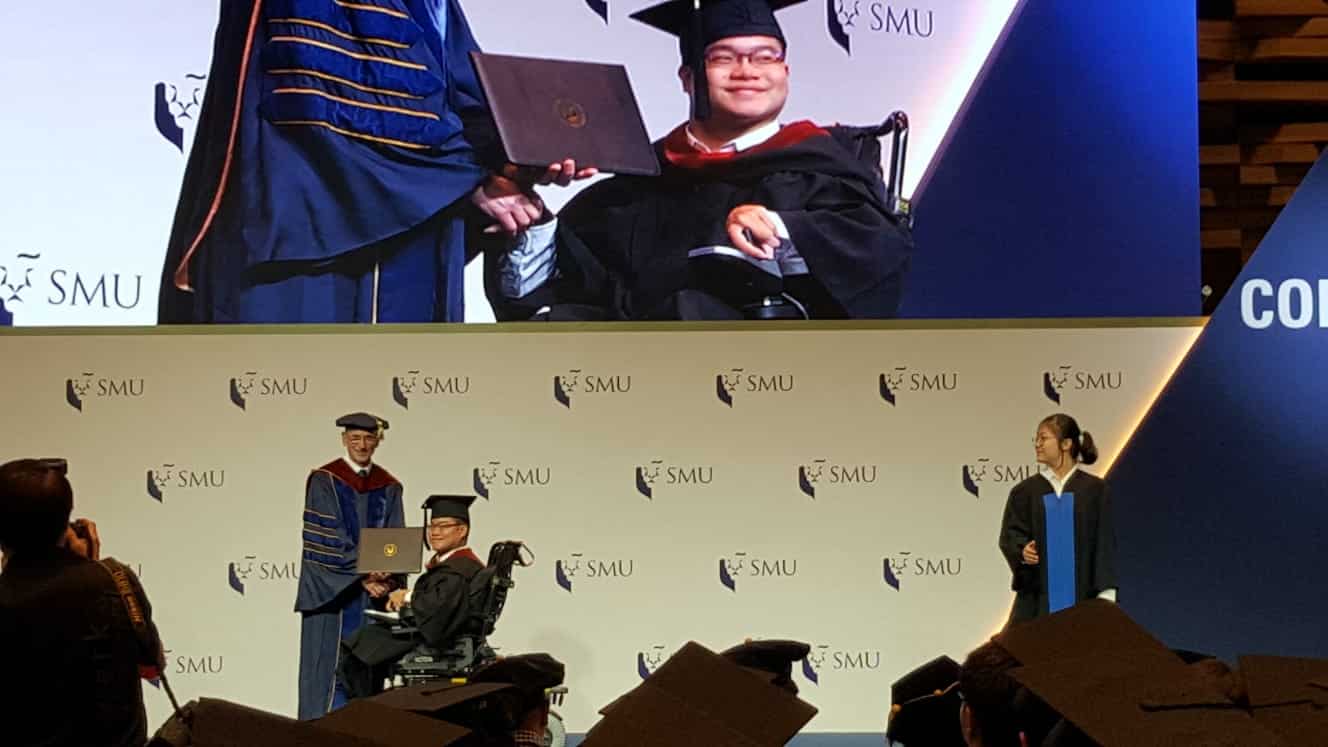
Beyond the certificate: Alister’s graduation marked a triumph not just for himself, but for Persons With Disability everywhere.
The acronym ABC is topmost on his list of priorities: “Awareness, Business and Community.”
He explains: “We continue to create Awareness. We want to make an impact in the Business Environment, to show that there is value in hiring inclusively because the culture becomes better. People will feel there’s more creativity, more diversity.

Dismissing the stereotypes that come with the label “disabled”, Alister is living proof that a PWD is “differently abled”.
“People become more empathetic. They have a chance to care, to realise that we are a team working together. It’s just very different. People will feel like you are working for a meaningful company.
Armed with a Bachelor’s degree in Economics, he has served in inclusion-oriented jobs from Singtel to AWWA to LinkedIn.
“We impact the Community also. We want to bring economic value to the community.”
The work is cut out for him and his team. Those in the disabled community tend to be difficult to identify, and “sometimes we need to dig them out”.
“Persons with disabilities (PWD), including myself, tend to self-exclude from many things.
“For example, in the past there would be an email coming from the university that says, ‘Hey! There’s an internship programme! Come and sign up! We want persons with disabilities to come!’
“I would open the email and move on with life. I wouldn’t even consider it, because the next thought that would come into my mind is: ‘Cannot. They won’t accept.’”
He is living proof that mindsets can be changed. Armed with a Bachelor’s degree in Economics from the Singapore Management University (SMU), he has served in inclusion-oriented jobs from Singtel to AWWA to LinkedIn, before landing himself the Michael Page position.
What’s ‘normal’?
“Looking back, I realise what’s normal to me might not really be ‘normal’ to others.
“What’s even the definition of ‘normal’, right? Maybe what I’m used to might be because I’ve always been surrounded by God’s grace and His strength – just that I didn’t realise it.”
“When I was in junior college we had this subject called Project Work and you had to make a presentation in front of the class. The feedback to me was always, ‘Not enough eye contact.’ It was really, really that bad. I was very afraid, very shy. I kept looking down. I did not dare look at people.”
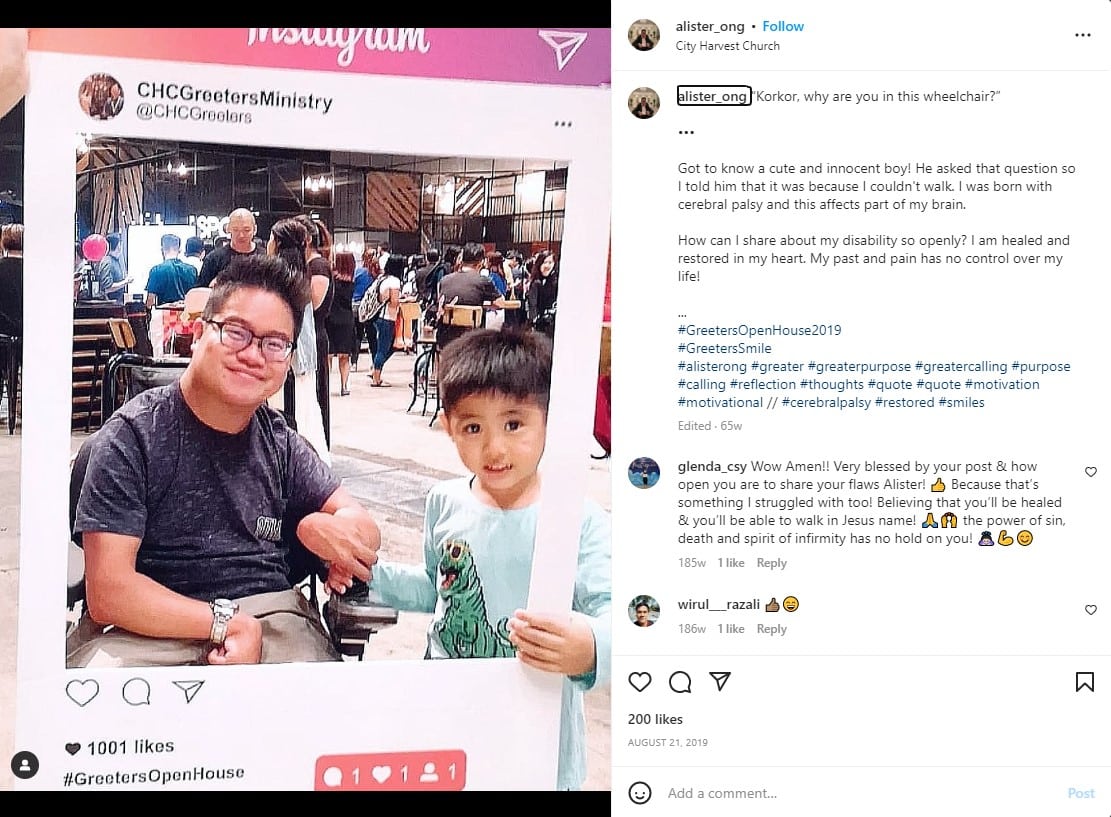
Alister shares his experiences openly, including his chance encounter with a boy who asked: “Kor Kor, why are you in this wheelchair?” Screengrab from Alister’s Instagram page, used with permission.
Things changed when he started being intentional about God and decided that he had been given much and had much to contribute.
“What they were saying is actually giving praises to what God has been doing in my life, and all glory goes to Him.”
“I started to serve in church more, started to go more for fellowship with the cell groups after service.
“There were people coming up to say, ‘It’s so amazing that you’re always here, week in, week out.’
“In my head I was thinking, ‘Normal what. You go, I go, we all go, no difference ma?
“But it encourages me a lot, that it is not by my own human strength but by His grace.
“What they were saying is actually giving praises to what God has been doing in my life, and all glory goes to Him.
“Yes, I took the first step to be in community, to try to learn how to integrate well with people, but it’s really God.

No one will be left out: In his role as chairperson of the Purple Parade, Alister takes every opportunity to rally society for inclusion and diversity.
“I’m someone in a wheelchair. That means it’s difficult to move around. That’s a simple fact or reality.
“But the truth is, even though it’s hard, God’s grace is sufficient, God’s strength is made perfect. (2 Corinthians 12:9)
“Therefore, even though it’s hard, you can still do it. That, then, is the truth.”
Read part 1 of Alister Ong’s story here.
RELATED STORIES:
How do you love a child who is not your own? Parents who foster with the Father’s heart
We are an independent, non-profit organisation that relies on the generosity of our readers, such as yourself, to continue serving the kingdom. Every dollar donated goes directly back into our editorial coverage.
Would you consider partnering with us in our kingdom work by supporting us financially, either as a one-off donation, or a recurring pledge?
Support Salt&Light